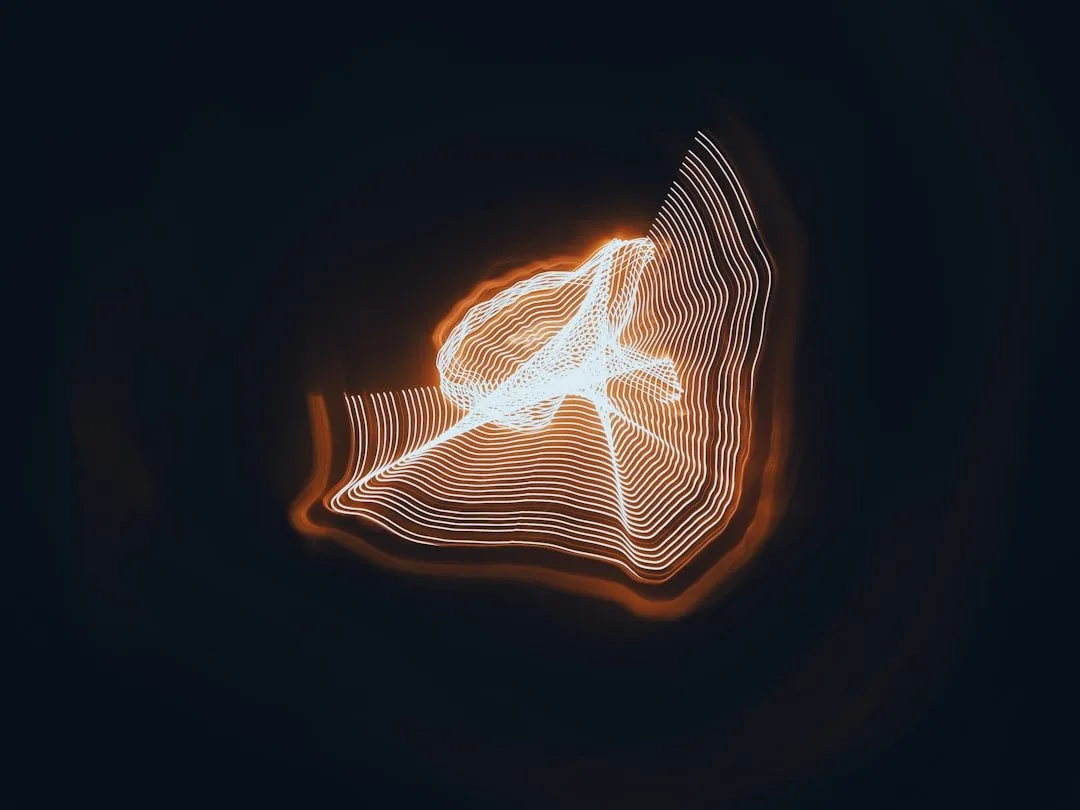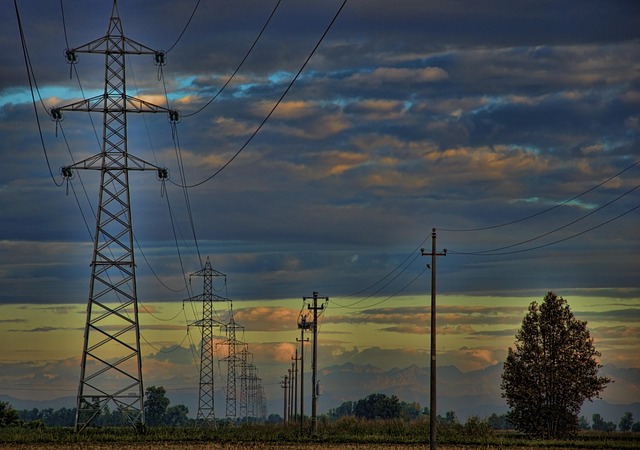Kratom, a natural herb from the Mitragyna speciosa tree, offers pain relief and mood enhancement but its impact on sleep is complex. While it may help some sleep better due to relaxing properties, kratom can also cause insomnia in others due to stimulant alkaloids. Vietnam Kratom leaves, known for their high mitragynine content and pure quality, are less likely to induce insomnia. However, research warns that higher doses or prolonged consumption can disrupt sleep cycles, highlighting the importance for users to understand and manage their sleep when using kratom, possibly by adjusting dosage or timing of consumption.
“Unraveling the complexities of Vietnam Kratom Leaves, a popular herbal extract, this article delves into the intricate relationship between its use and sleep patterns. Kratom, known for its potent effects on the central nervous system, offers both relaxation and stimulation. While it may provide short-term relief for some users, the potential risk of insomnia and disrupted sleep is a critical consideration. We explore the science behind kratom’s impact, focusing on Vietnam Kratom Leaves’ quality and potency, and offer insights into managing sleep with this controversial herb.”
- What is Kratom and Its Effects on Sleep?
- Vietnam Kratom Leaves: A Closer Look at Quality and Potency
- Insomnia and Kratom Use: What You Need to Know
What is Kratom and Its Effects on Sleep?

Kratom, derived from the leaves of the Mitragyna speciosa tree, is a natural herb that has gained significant attention for its diverse effects on the human body. While it’s commonly used for pain relief and mood enhancement, kratom’s impact on sleep patterns deserves special consideration. The herb contains various alkaloids, including mitragynine and 7-hydroxymitragynine, which interact with opioid receptors in the brain, potentially leading to sedative effects.
However, kratom’s relationship with sleep is complex. For some individuals, it may induce feelings of relaxation and promote deeper sleep. But, notably, there are reports suggesting that kratom use can also cause insomnia. The stimulant properties of certain alkaloids might disrupt natural sleep cycles, especially when taken in higher doses or at nighttime. This is particularly concerning for those prone to sleep disorders, as it could exacerbate existing issues related to does kratom cause insomnia.
Vietnam Kratom Leaves: A Closer Look at Quality and Potency

Vietnam Kratom leaves are renowned for their superior quality and potent effects, making them a favorite among kratom enthusiasts worldwide. The unique growing conditions in Vietnam, including rich soil and favorable climates, contribute to the exceptional profile of these leaves. Farmers carefully cultivate and harvest the plants at their peak maturity to ensure optimal potency. One notable aspect is the high mitragynine content, a primary active alkaloid known for its analgesic and relaxing properties, without the risk of does kratom cause insomnia.
The careful processing techniques further enhance the leaf’s quality. Traditional sun-drying methods preserve the delicate compounds within each leaf, ensuring a pure and effective product. This meticulous approach allows users to experience the full spectrum of Kratom’s benefits, from soothing pain and reducing anxiety to boosting mood and energy levels without any adverse effects commonly associated with insomnia.
Insomnia and Kratom Use: What You Need to Know

Kratom, derived from the leaves of the Mitragyna speciosa tree, has gained popularity for its various potential health benefits. However, one adverse effect that users should be aware of is its impact on sleep patterns, particularly when it comes to insomnia. Research suggests that kratom use, especially in higher doses or prolonged periods, can disrupt natural sleep cycles and lead to difficulties in falling asleep or staying asleep.
Insomnia is a common side effect reported by individuals who consume kratom regularly, especially those using it for its stimulant properties. The effects of kratom on the central nervous system can interfere with normal sleep regulation, resulting in restlessness and insomnia. Understanding this potential risk is crucial for users, as managing sleep while taking kratom may require adjusting dosage or timing of consumption to avoid disrupting nighttime relaxation and restorative sleep.
Vietnam Kratom leaves, known for their potent effects and quality, should be approached with caution, especially regarding sleep disturbances. While some users find it promotes relaxation, numerous studies suggest a strong correlation between kratom consumption and insomnia. The stimulant properties of mitragynine, the primary active compound, can disrupt natural sleep cycles, leading to poor sleep quality. Before incorporating Vietnam Kratom into your routine, consider these insights, consult healthcare professionals, and prioritize balanced well-being.














